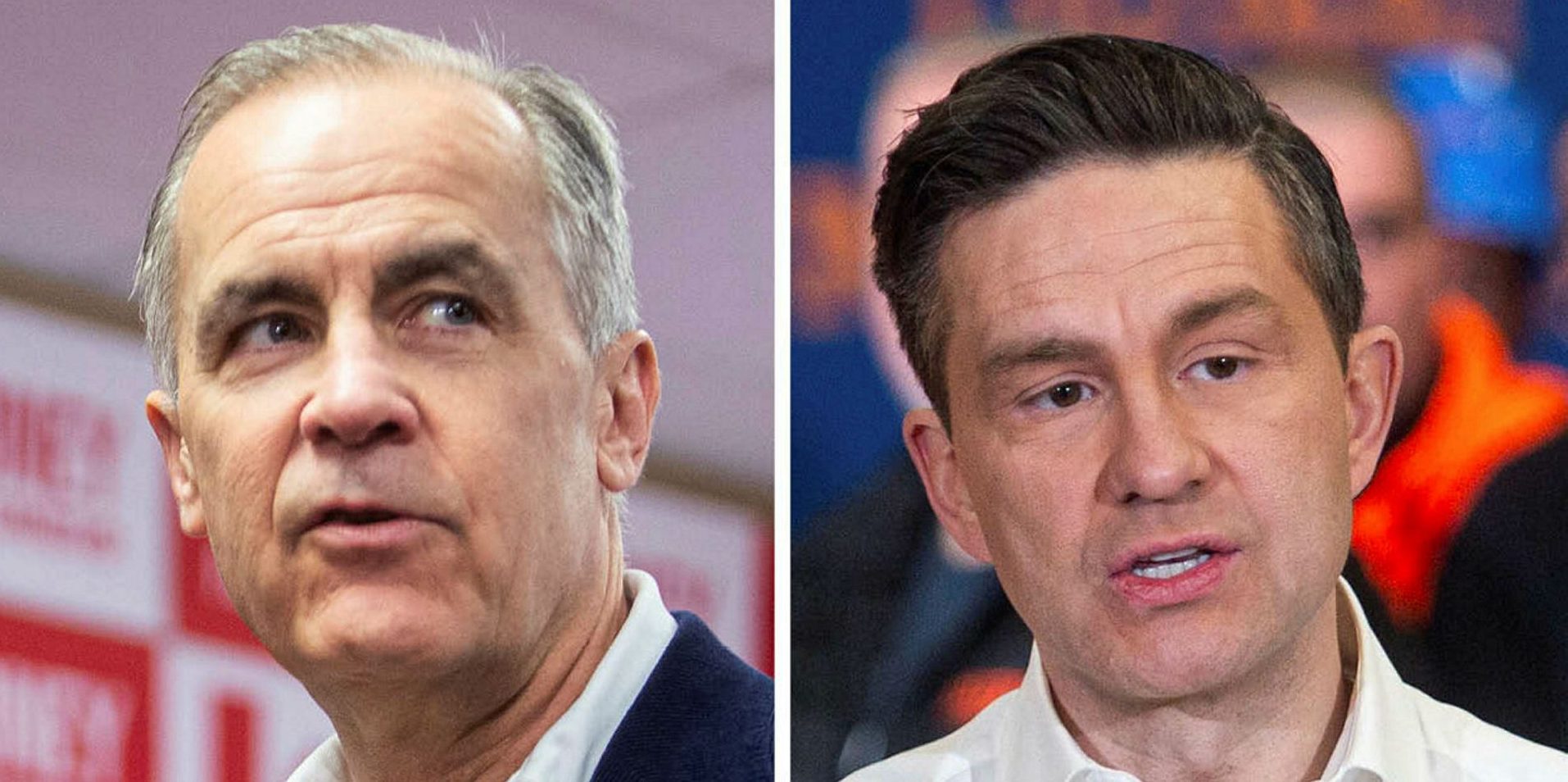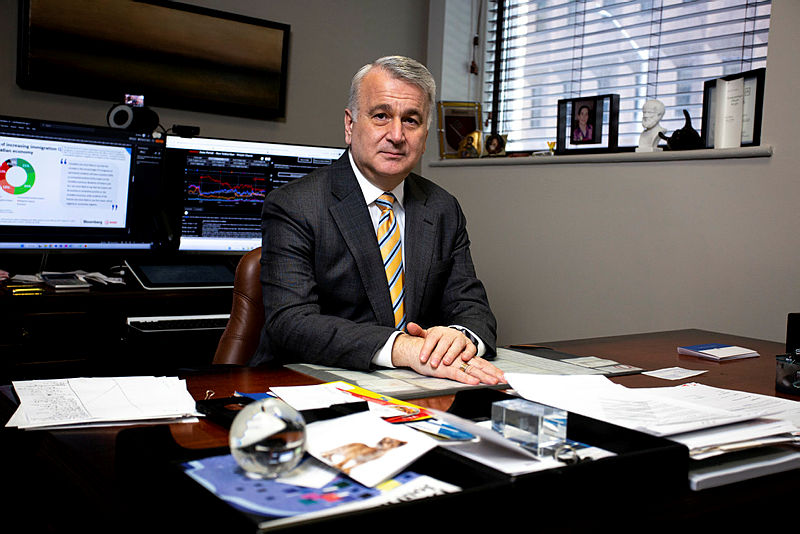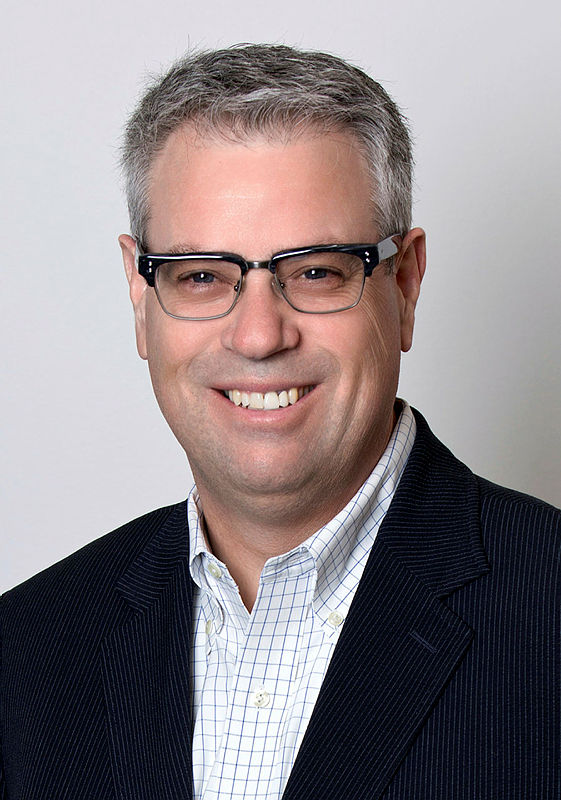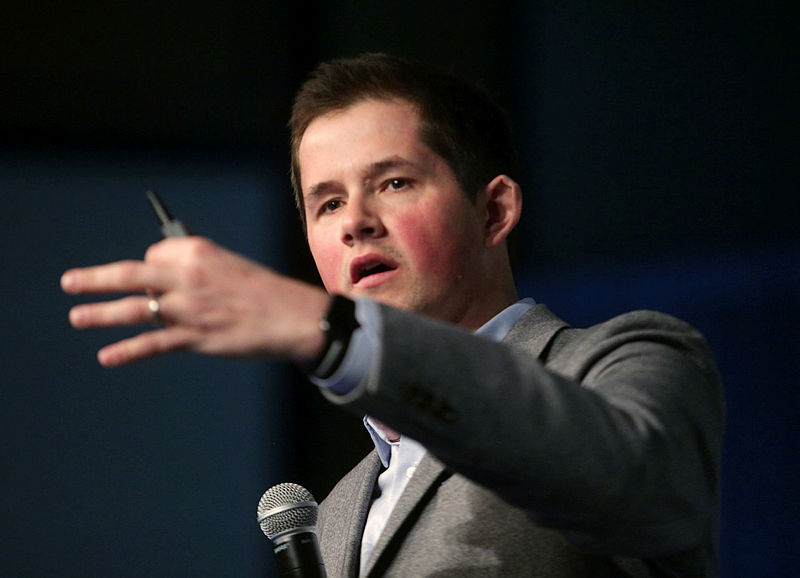‘All-hands-on-deck’ fall session as Liberals face pressure to deliver, say lobbyists, pollsters

Fall’s session of Parliament will signal the end of the honeymoon period for Prime Minister Mark Carney as he feels pressure to deliver on campaign promises, while the Conservatives struggle to distinguish themselves from the Liberals who “stole” some of their usual policy stances, including increased defence spending, say pollsters and lobbyists.
“Even if [Canadian voters] don’t support the Liberals, they like what they see and what they’ve heard from Mark Carney as prime minister. But the reality is, they’re going to want to see whether he can actually deliver on what he says that he’s going to deliver,” said Nik Nanos, chief data scientist at Nanos Research.
“This is where time will be a pressure on Mark Carney.”
The House returns from summer break on Sept. 15, while the Senate is scheduled to come back on Sept. 23. As MPs get back to work, Nanos said he expects the fall session’s tone to be driven by the “disrupting threat that is [United States President] Donald Trump and the Americans,” which he said “cuts to the very heart of our economy,” and raises concerns about national security. In the fall, Carney (Nepean, Ont.) will need to pivot “from talking to doing,” according to Nanos.
Carney has ideas that many Canadians like, such as disabling barriers to interprovincial trade, but the execution of those ideas is where things get bogged down, said Nanos.

“Carney is a prime minister on a mission in a rush, and he’s going to be slamming up against process issues within the government. He’s going to be slamming up against approvals of projects. He’s going to be slamming up against … stakeholders to try to build a common sense of purpose around building infrastructure and energy infrastructure and making the Canadian economy more resilient,” said Nanos.
“It’s not going to be people being opposed to the intent of what Mark Carney wants to do … it’s going to be people that want carve-outs and exceptions that, for all intents and purposes, undermine the vision that he wants to take the country.”
Nanos said he thinks the fall session could be “a little testier than people expect,” partly from pressure that will be facing Conservative Leader Pierre Poilievre (Battle River—Crowfoot, Alta.) and his party because of some policy directions recently adopted by the Liberals.
“The Carney government is now into energy projects, and is now into defence spending. They’ve effectively stolen, in a very transparent way, many of the big things that people associate with the Conservatives, and I think this puts pressure on the Conservatives for them to figure out a way to differentiate themselves from the Liberals,” said Nanos.
Data released by Nanos Research on Sept. 9 showed the Liberals leading at 42.7 per cent, followed by the Conservatives at 32.9, the NDP at 12.8 per cent, and the Bloc Québécois at 5.2 per cent. Nanos tracking had Carney as the preferred choice as prime minister at 50.2 per cent of Canadians, followed by Poilievre at 28 per cent.
The top issues for Canadians were contending with Trump and U.S. relations, followed by jobs and the economy, inflation, and housing, according to the Nanos data. The data was based on random interviews with 1,000 Canadian aged 18 years and over using a four-week rolling average of 250 respondents each week.
Darrell Bricker, CEO of Ipsos Public Affairs, also told The Hill Times that, this fall, the Carney Liberals will need to move from promises to delivery.

“To this point, the government’s done a pretty good job, I think. Most of the polling that I’ve seen shows that Canadians believe they made the right choice in the last election campaign and they’re willing to give Mark Carney a chance, but they’re going to evaluate him based on how he delivers against what he promised and what the major issues are that are facing the country today,” he said.
Bricker said that Conservative promises, such as removing the carbon tax, have been adopted by the Liberals. Carney, in his first act as prime minister, eliminated consumer carbon pricing and rebates on March 14.
Bricker argued that the Conservatives’ best strategy may be to “hope that things swing back around to you.”
“That’s a big hope, but things could swing back around for Poilievre, based on how this government performs. So far, there’s no clue that [the Liberals] are going to perform poorly, but that’s probably his best advantage. He really needs the other side to fail,” said Bricker.
“I don’t think it’s going to be specific policies that are going to drive it. It’s going to be a sense of failure on the other side that will make Pierre Poilievre and the Conservatives look possible again. It won’t be because they’ve come up with some killer policy idea.”
Laura Kurkimaki, a vice-president at McMillan Vantage and a former Conservative staffer, told The Hill Times that Conservative priorities this fall will likely include issues focused on crime, affordability and cost of living, and immigration, which she said are top of mind for Canadians.
As an example of the Conservatives’ focus on dealing with crime, she pointed to Poilievre’s recent call for an amendment to the Criminal Code to offer more legal protection for Canadians defending their homes from intruders.
On Aug. 29, Poilievre said “your home is your castle” in reference to a legal principle called the castle doctrine or castle law, which says homeowners have the right to protect themselves from an intruder, as reported by CBC News.
“I think the Conservatives have been doing a really good job, so far, in the last couple of weeks of laying out what they’re going to be focused on. I think crime has been such a significant issue in our country in the last number of years,” said Kurkimaki.
“I think [the Conservatives] have been talking a lot about home invasions, carjackings, people being out [and] reoffending while they’re out on bail. … There’s a ton of justice issues that need to get addressed this fall, and the Liberals haven’t been talking about it very much, if at all. I think [the Conservatives are] going to be focused on crime.”
Kurkimaki also noted that the makeup of House committees this fall will be different as the New Democrats no longer have official party status.

“We have a lot more Conservative MPs, as well. There’s going to be new faces on various House of Commons committees, which is going to be very interesting. And, given the Liberals have a minority, the opposition has a significant role to play in the House, but also in committees,” she said.
“Everything that’s going on in the U.S. is going to continue to dominate and impact what the government is focused on, even though there are tons of domestic issues here and they are still trying to handle the impacts of tariffs and which sectors of our economy are being really hard hit here. There is a lot to be done on the international stage as well, so I think finding that balance is going to be a challenge for them.”
David Coletto, CEO of Abacus Data, told The Hill Times that the fall will be “crazy.” He said that many Canadians are realizing that there isn’t likely to be clarity surrounding the trade difficulties with the U.S. in the short term, and now are interested in more talk about other important issues.
“Trump and the Trump administration [are] going to loom large over pretty much everything, but the public is signalling to me that they also want to see this government tackle and try to address those same microeconomic issues that have been … top of mind to them: cost of living, the cost of housing, access to health care, these remain really high up,” he said.
“Those are the things that, I think, the public is going to be paying attention to and wanting to hear answers [about] from the government, and especially now that we are going to see a budget in October, about what that budget is going to do to try to alleviate some of these pressures that people are feeling.”
Coletto acknowledged that the Liberals currently form a minority government, but added that he isn’t sure if it is unstable.

“I think, because the NDP are in a leadership race, they’re probably not going to want to do something that causes the government to fall. I’m also not sure the Bloc has much interest in doing that as well,” he said.
“Finding a dance partner to pass pieces of legislation might require some negotiation, but I don’t think it’s going to be like it was for the last two [Justin] Trudeau governments that required far more of that.”
Olivier Cullen, director of strategy at Blackbird Strategies and a former Liberal staffer, told The Hill Times that the fall session of Parliament will be moving very quickly with all hands on deck.
“It’s also a very different time. There are different priorities. It’s economy first, and if you look at the track record through the career of Prime Minister Carney, it’s clear that his mindset is on the economy,” said Cullen.
“We joke about Liberal priorities being Conservative priorities. It’s just, we’re leaning a lot farther to the right than the previous government was, and that’s both in policy direction, in promises, and in messaging. It’s an interesting time to see what’s going to happen.”
Carney’s priority will be to “prove that he can do what he said he was going to do,” but he needs to be careful, said Cullen.
As an example, Cullen pointed to the controversial Bill C-5, the One Canadian Economy act, which received royal assent on June 26. That bill has faced opposition and criticism from many First Nations leaders and organizations concerned it could potentially infringe on Indigenous rights.
Angelo Bakoulas, a senior consultant with Bluesky and a Liberal strategist, told The Hill Times that he wouldn’t necessarily say that the Liberals will face pressure to deliver on promises this fall because some key actions have already been taken, such as the passage of Bill C-5.
“Obviously, there was a lot of criticism on that [legislation] and how quickly it passed, but it did pass, and we’ve already seen a lot of movement with the project office being established,” he said.
“It’s just continuing that and focusing maybe in the other areas like housing, right? They very likely will need to table something around the Build Canada Homes initiative. So, it’s almost phase two in my eyes, rather than now starting on their priorities.”
jcnockaert@hilltimes.com
The Hill Times






 LICENSING
LICENSING PODCAST
PODCAST ALERTS
ALERTS













